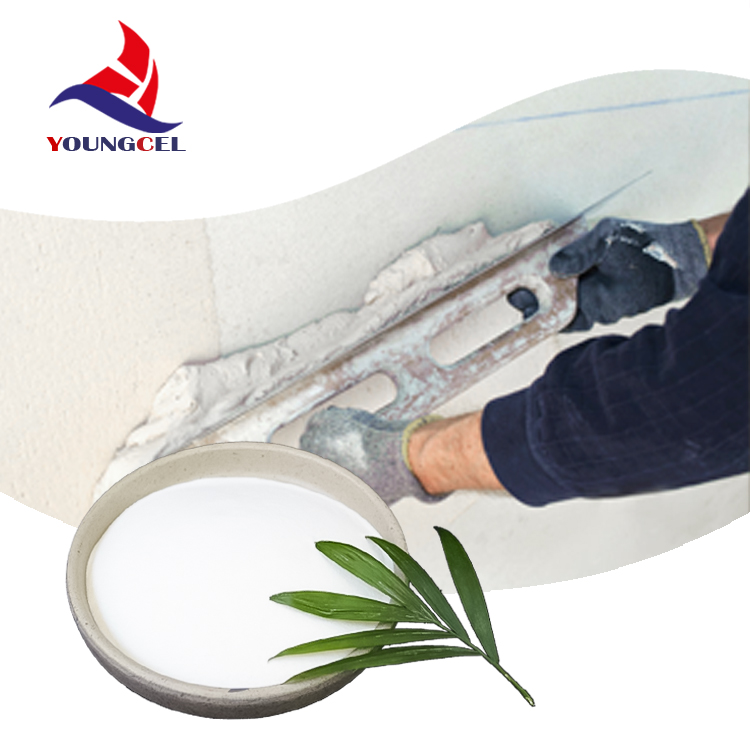Understanding Cement Thickener Key to Enhanced Construction Materials
Cement, one of the most widely used construction materials globally, has evolved significantly over the years. Among the various innovations, the incorporation of cement thickeners has emerged as a pivotal enhancement to traditional cement formulations. Cement thickeners improve the performance of cement-based products, optimize workability, and enhance the overall quality of construction projects.
What is Cement Thickener?
Cement thickener refers to a variety of additives that increase the viscosity of cement mixtures. These thickeners are crucial in applications where maintaining the desired consistency is essential for application methods such as spraying or pouring. The thickening agents help prevent segregation of materials, ensuring a uniform mixture that adheres properly during application.
Benefits of Using Cement Thickener
1. Enhanced Workability Cement thickeners improve the handling properties of cement mixtures. They allow for a smoother application and better control during construction, which is especially important for intricate architectural designs.
2. Separation Prevention In typical cement mixes, the separation of aggregates can occur, especially during transport and placement. Thickeners help maintain cohesion within the mixture, reducing the risk of component separation.
3. Increased Adhesion Thickeners improve the adhesion properties of cement. Enhanced adhesion leads to better bonding between various materials, which is vital in applications such as tile setting, plastering, and other overlay systems.
4. Water Retention Many cement thickeners have the ability to retain water within the mixture, which is crucial for hydration during the curing process. This capability helps to avoid issues such as cracking and shrinkage, thereby enhancing the longevity of the structure.
cement thickener

5. Consistency Across Varied Conditions Weather and climatic conditions can significantly impact cement applications. Thickeners assist in maintaining consistency regardless of external conditions, ensuring performance stability.
Types of Cement Thickeners
Cement thickeners can be classified into different categories based on their chemical composition. Common types include
- Cellulosic Thickeners These organic compounds are derived from cellulose and are widely used in various construction applications due to their excellent water retention and thickening capabilities.
- Synthetic Thickeners These are man-made compounds that offer high viscosity and stability, suitable for specific construction needs, especially in extreme environments.
- Natural Polymers Derived from plant sources, these thickeners provide eco-friendly alternatives with good thickening properties and biodegradability.
Implementing Cement Thickeners
The implementation of cement thickeners in construction requires careful consideration of factors such as the type of project, local conditions, and desired characteristics of the final product. It is crucial to follow the manufacturer's guidelines regarding the appropriate dosage and application methods to achieve optimal performance.
In conclusion, cement thickeners play a vital role in enhancing the efficiency and quality of cement-based materials. Their ability to improve workability, prevent segregation, enhance adhesion, and retain moisture makes them indispensable in modern construction practices. As the construction industry continues to advance, the development and application of innovative cement thickeners will remain central to improving building materials and techniques, ultimately leading to stronger and more durable structures.
-
Rdp that The Revolutionary Polymer Powder Transforming Modern Construction MaterialsNewsAug.11,2025
-
Hpmc Powder that Versatile Additive for Detergents and Personal CareNewsAug.11,2025
-
Hpmc Hydroxypropyl Methylcellulose that Essential Building Material Additive from Shijiazhuang Gaocheng YongfengNewsAug.11,2025
-
Hydroxypropyl Methyl Cellulos Hpmc that Essential for Construction ApplicationsNewsAug.11,2025
-
Mhec Powder that Revolutionizing Construction Chemistry with Cellulose Ether SolutionsNewsAug.11,2025
-
Industri Hpmc that The Global Backbone of Advanced ConstructionNewsAug.11,2025




